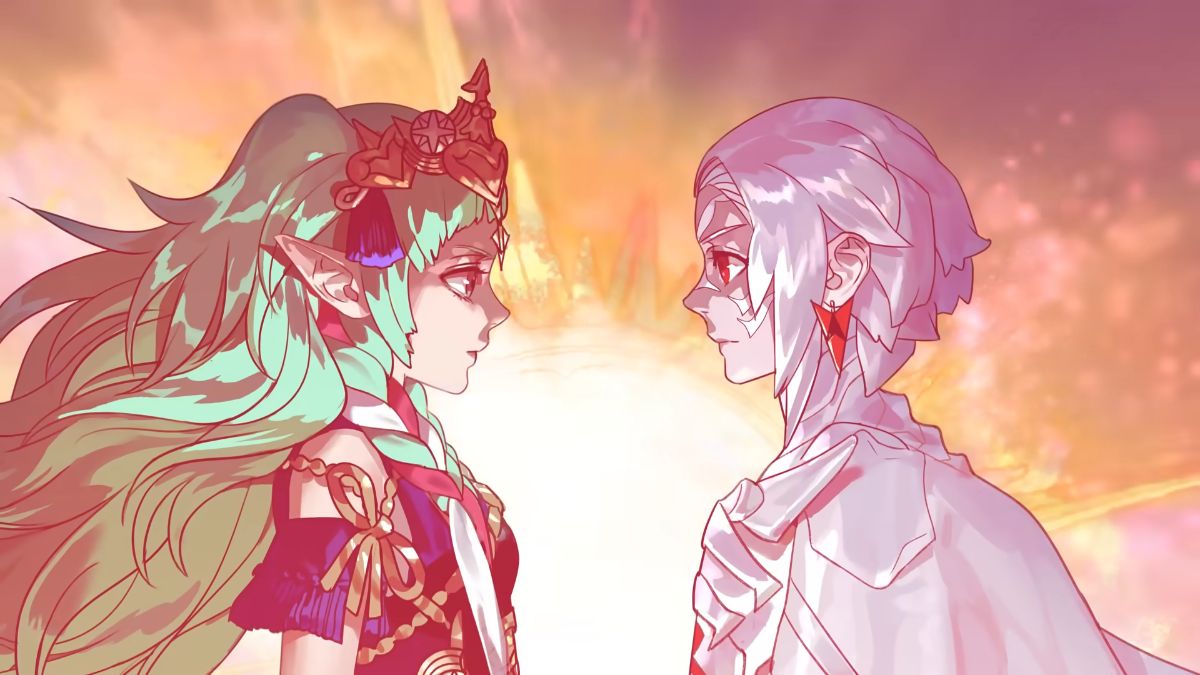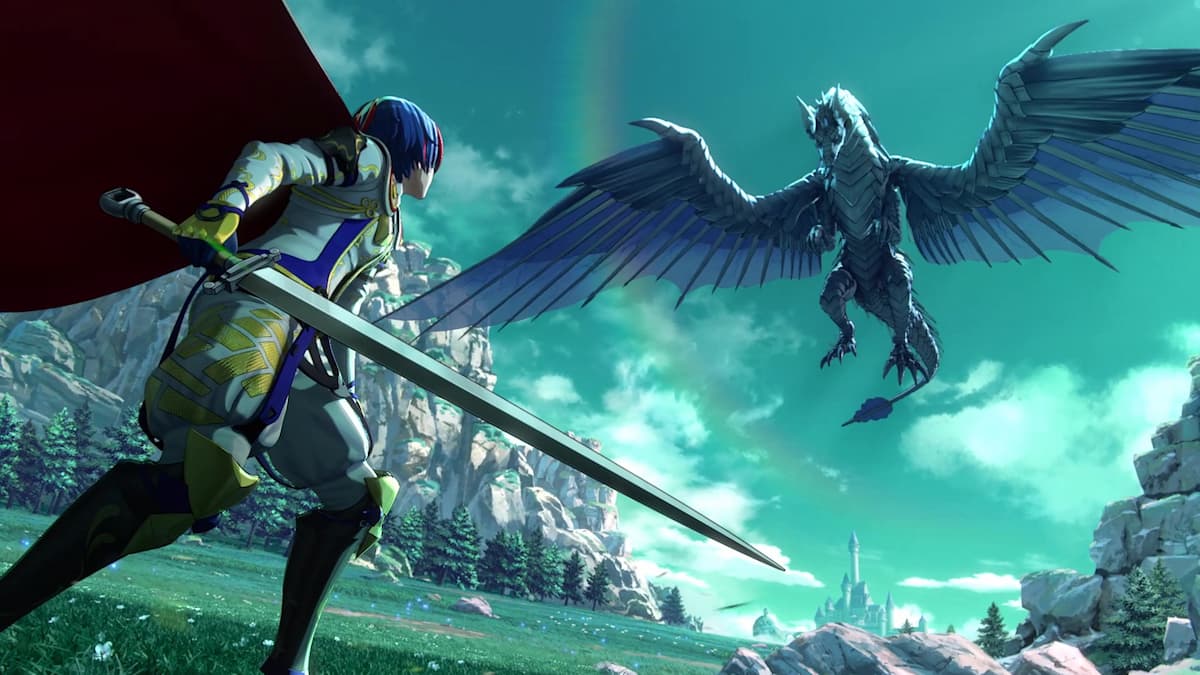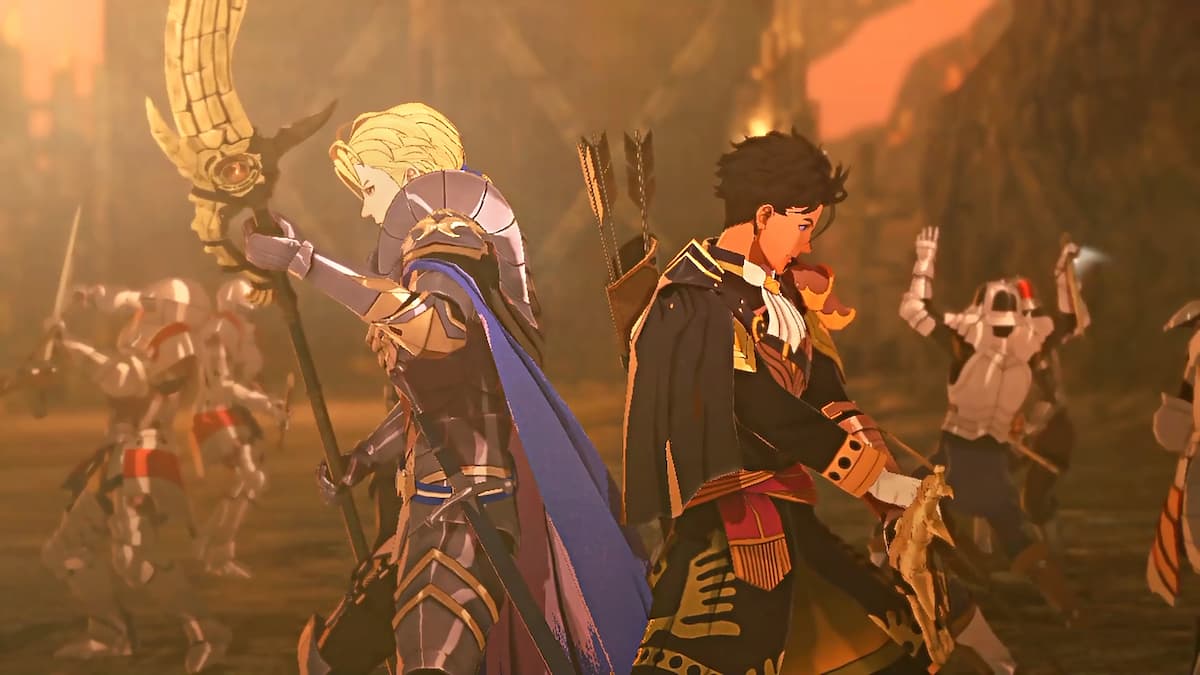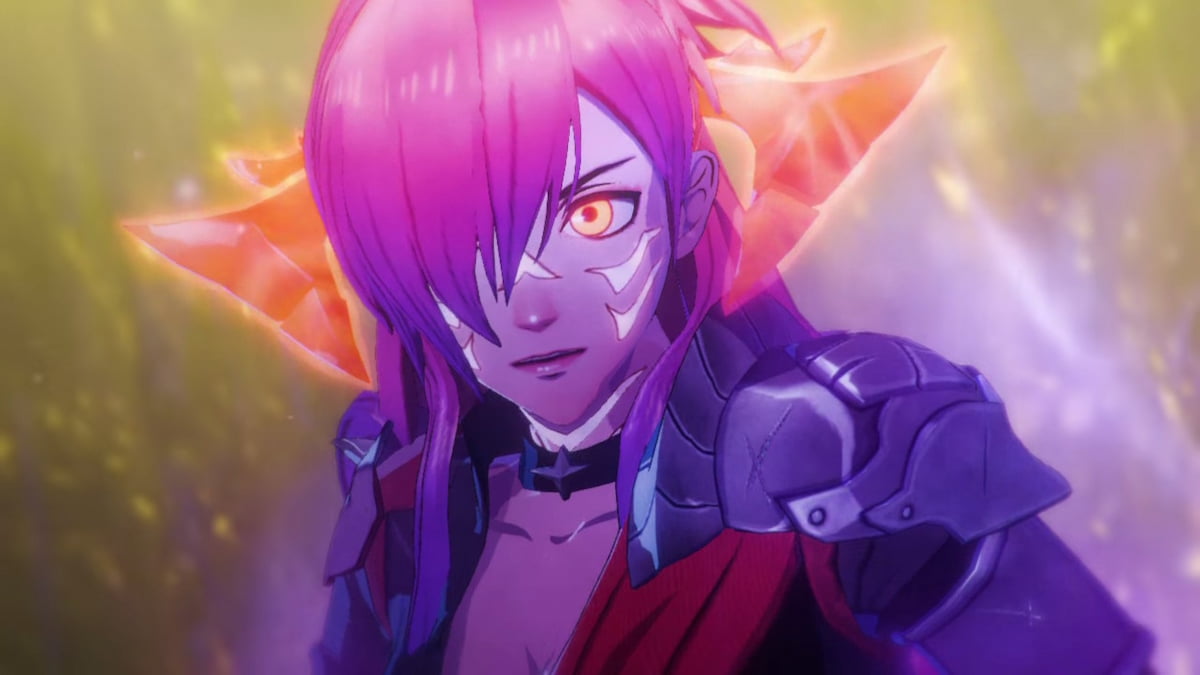The storied Fire Emblem franchise has been gracing Nintendo consoles for over two decades. Although there have been sixteen mainline installments (including remakes) to date, a majority of its releases each have told their own unique, self-contained stories. However, playing through each game once often isn’t enough for hardcore fans of the series. So if you want to revisit the entire franchise, here’s our suggestion on how to play the Fire Emblem games in timeline order.
Fire Emblem games timeline order
Every game released in the history of Fire Emblem franchise has always had its own particular roster and standalone plot. However, some titles, especially the initial ones, contain loosely interconnected events which all occurred within their own timeline. With that in mind, here are all the timelines in the Fire Emblem universe.
Beginning Timeline (Jugdral/Archanea/Valentia):

- First half of Fire Emblem: Genealogy of the Holy War (released 1996)
- Fire Emblem: Thracia 776 (released 1999)
- Second half of Fire Emblem: Genealogy of the Holy War (released 1996)
- Fire Emblem: Shadow Dragon and the Blade of Light / Fire Emblem: Shadow Dragon (released 1990 / 2008)
- Fire Emblem Gaiden / Fire Emblem Echoes: Shadows of Valentia (released 1992 / 2017)
- Fire Emblem: Mystery of the Emblem / Fire Emblem: New Mystery of the Emblem (released 1994 / 2010)
- Fire Emblem: Awakening (released 2012)
- Fire Emblem: Fates (released 2015)
Elibe Timeline:

- Fire Emblem: The Blazing Blade (released 2003)
- Fire Emblem: The Binding Blade (released 2002)
Tellius Timeline:

- Fire Emblem: Path of Radiance (released 2005)
- Fire Emblem: Radiant Dawn (released 2007)
Magvel Timeline:

- Fire Emblem: The Sacred Stones (released 2004)
Fodlan Timeline:

- Fire Emblem: Three Houses
- Fire Emblem Warriors: Three Hopes
Even though the events in the opening games occur within the same timeline, it isn’t exactly necessary to play them in this order. Each of the beginning entries can still be played independently without prior knowledge of the other releases.
The only exceptions in the series are the Tellius and Elibe Timelines since Radiant Dawn is a direct sequel to Path of Radiance, and Blazing Blade was developed as a prequel to Binding Blade.







Published: Oct 31, 2022 03:04 am